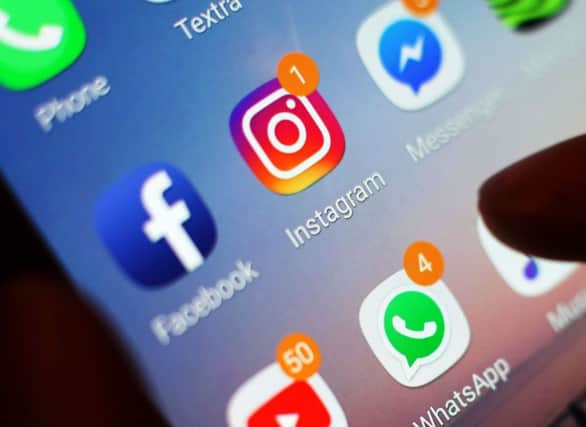Think we understand social media? Think again – leader comment


Human beings are social animals. We owe our success as a species, in large part, to our ability to communicate with each other.
So the sudden arrival of a new technology that fundamentally changes the way we communicate was always likely to have significant effects, some unforeseen and some negative. Social media has dramatically increased the pace of communication, making it much easier nowadays to say something you didn’t quite mean. Sometimes it doesn’t matter. When former Cabinet Minister Ed Balls tweeted his own name – while trying to search for an article about him – it caused a surreal sensation and some people still celebrate ‘Ed Balls Day’. He has joined in the fun, but social media gaffes can also have an unhappy outcome, particularly in the sometimes-fraught world of teenagers, who can be unforgiving and relentless in condemnation of one other. Social media has amplified that tendency to far beyond the experience of many adults today.
Advertisement
Hide AdAdvertisement
Hide AdAlso, the sharing of selfies on platforms like Instagram has, unsurprisingly, led to a rise in worries about body image, particularly among adolescent children. And, to cap it all, prolonged use of computer screens may be disrupting teenagers’ sleep patterns. No wonder then that the number of 15-year-olds who feel under pressure “a lot of the time” rose from 26 per cent in 2002 to 62 per cent in 2015.
We initially underestimated the impact that social media would have, but we are starting to wake up. So the decision to provide coaching to school pupils on how to use these platforms in a healthy way is most welcome, with new advice to be developed with £90,000 of funding from the Scottish Government. We may have to take further steps to address the unintended consequences of this new technology, but it is a step in the right direction for our children’s mental health.
Some in politics have also been slow to pick up on the potential of social media. Regrettably the far-right appears to have not been among them, seizing a hitherto unavailable opportunity to spread their hateful beliefs. Facebook’s decision to ban the BNP and others shows they are belatedly taking action.
However, despite such problems, social media still provides many benefits and there is no going back. If we can deal with its downsides, improving communication will surely take the human story to even greater heights.
